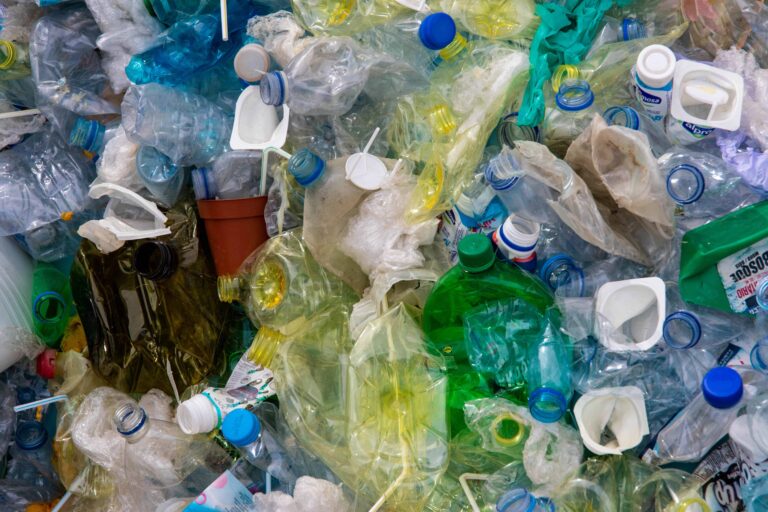Last week, in an open letter addressed to environment secretary George Eustice a group of trade associations and Greenpeace called on the government to implement a total ban on oxo-degradable plastics (see letsrecycle.com story). Signatories included the Bio-based and Biodegradable Industries Association (BBIA), the Environmental Services Association (ESA) and Greenpeace, among others.

Symphony’s chief executive Michael Laurier wrote to Mr Eustice on 4 June, offering a line-by-line rebuttal to the demands made in the original letter.
Everyday plastic
Mr Laurier concludes his letter by saying: “The UK should ban the use of ordinary plastic for everyday plastic products, and legislate to upgrade ordinary plastic with oxo-bio technology, thereby retaining the benefits of plastic in terms of hygiene but minimising the environmental damage caused when ordinary plastics escape into the open environment.
“Other countries around the world have already taken this progressive approach to managing the balance between the safety of their population and the protection of their environment.”
The letter states Symphony is grateful for the understanding and support of Oliver Dowden, Conservative MP for Hertsmere in Hertfordshire.
Symphony Environmental is a British firm which manufactures oxo-biodegradable plastic bags, disposable face masks and other products.
Mr Laurier’s letter can be read here.
Lobby
The BBIA is the UK trade association for the bio-based plastics industry, which Mr Laurier describes as comprising predominantly German and Italian companies.

He claims the assembly of the consortium against oxo-degradable plastic needs to be understood as part of a concerted lobbying and PR campaign across nearly 20 years by the bio-based plastics industry, upon which millions of Euros must have been spent.
Mr Laurier writes: “They are obviously not spending this money and making all this effort to protect the environment – they are doing it because they (mistakenly) see oxo-biodegradable plastic as a threat to their market share.
“Their actions are fundamentally anti-competitive and are designed to stifle a competing technology.
“Worse still – if they succeed, they will have deprived policymakers of a technology which could be used to deal with plastic which has escaped into the open environment, from which it cannot be collected for recycling, composting, or anything else.”
Europe
In March 2019 the European Parliament approved measures prohibiting the placing on the market of oxo-degradable plastic, to come into force on 3 July 2021.
However, Symphony claims the approval of Article 5 of the European Single Use Plastics Directive, which includes the prohibition, is “the result of lobbying in Brussels by the German and Italian bio-based plastic companies, which led the EU to ignore its own rules and to deprive citizens of their right to conduct a lawful business without due process”.
“This is the European Union at its worst, and what they have done is unconstitutional,” Mr Laurier writes. “We no longer have to implement arbitrary laws enacted in breach of the EU’s fundamental norms, and without any justification from their own scientific experts.”











Subscribe for free